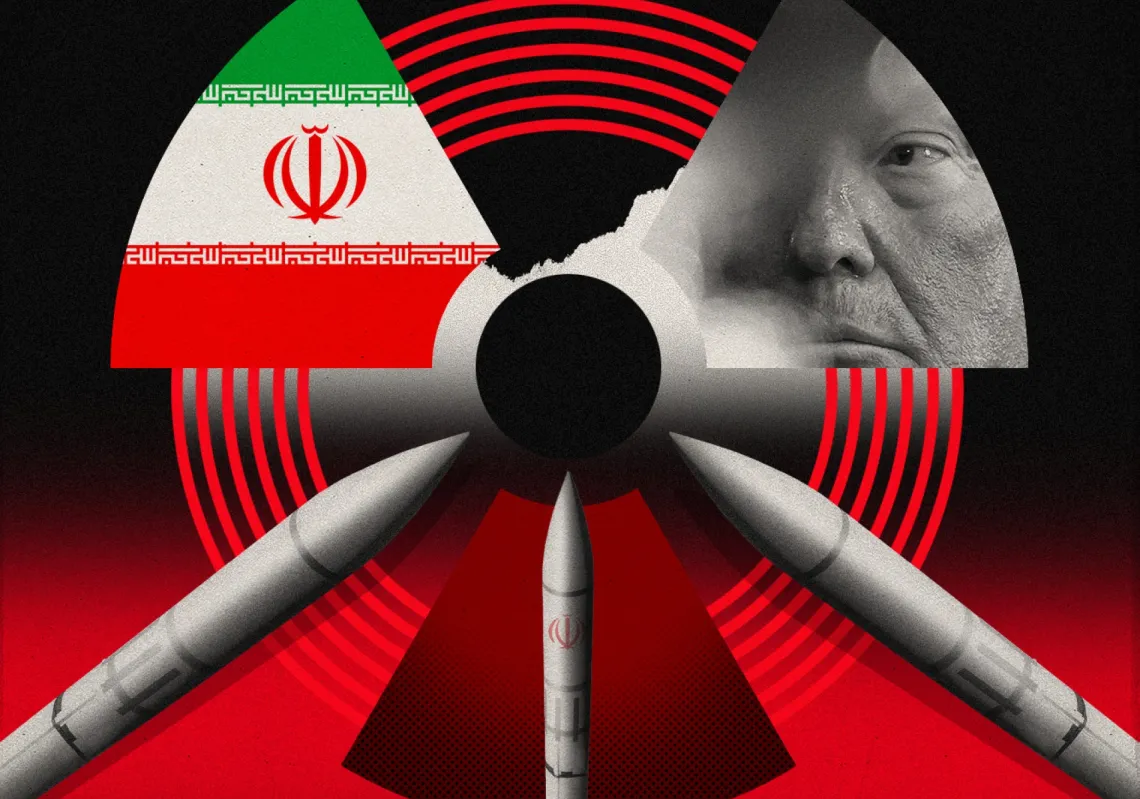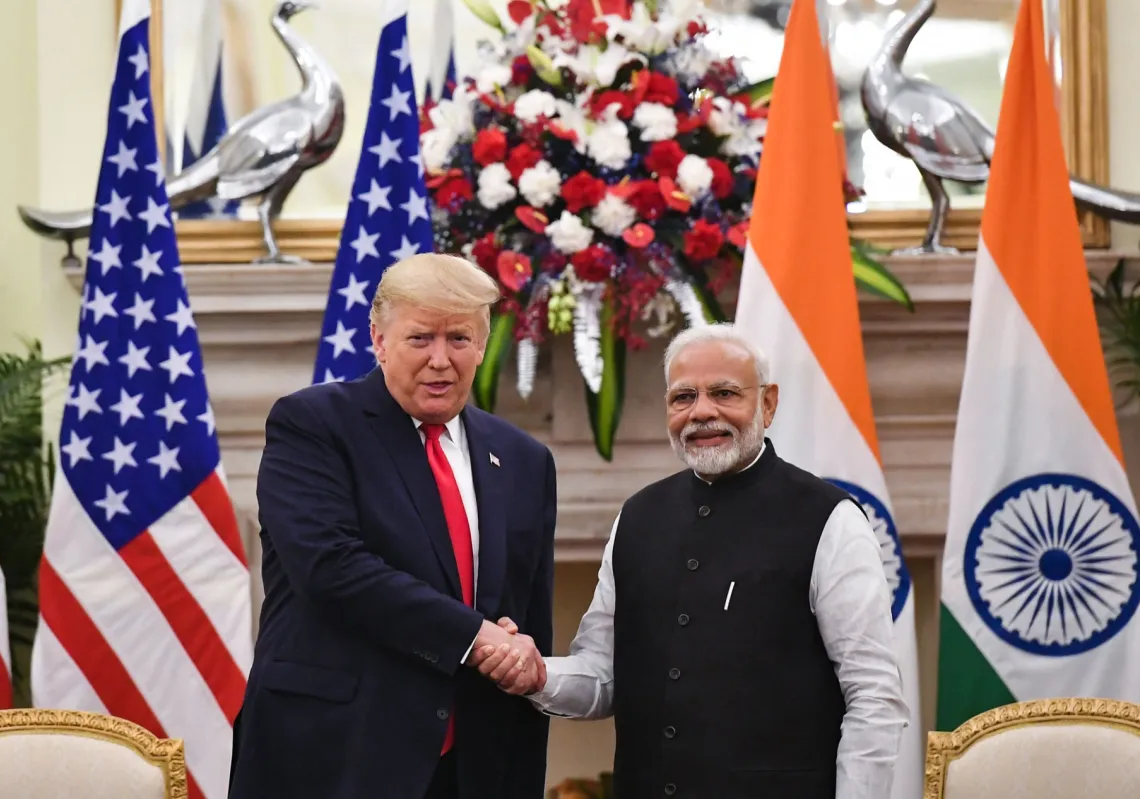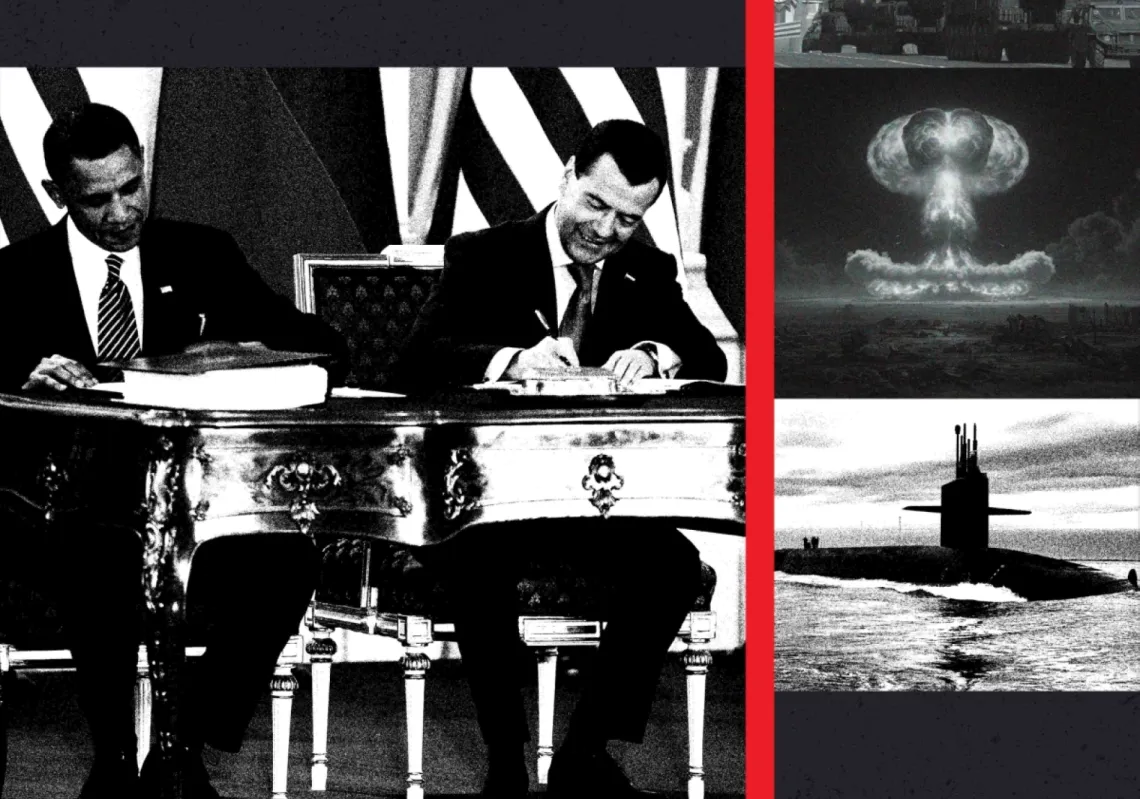Writing a novel is hard, but writing a novel for the first time is naturally daunting, given the lack of experience. For some, writing is the easy bit. A lot goes into producing a novel. After writing it, one has to consider who will design, print, market, distribute and sell it. It starts with finding a publisher. Writers often have to send their manuscripts to multiple publishers before someone agrees to take them on, and many don't make it past this stage.
Once it is published, reviews can often shape a debut novelist's career through praise or criticism. To shed light on the experiences of first-time novelists, Al Majalla speaks to Ahmad Al-Salami, Azza Taweel, Mona Al Ali, Ahmad Ashour, and Basem Sarah—all new writers in the Arab literary scene. They share their experiences, perspectives on success, challenges they encounter, and vision for the future.

Ahmad Al-Salami (Yemen)
Permissible Skies by writer and poet Ahmed Al-Salami was published in 2024 by Dar Al-Adab in Beirut. In this book, Yemen’s skies host warring belligerents who routinely violate the country’s airspace, raising profound questions about violence, loss, and the search for identity.
Having first worked as a journalist, Al-Salami’s debut novel delves into the dark underbelly of the ‘War on Terror’ including the indiscriminate use of drone strikes and the civilian casualties left in their wake.
“I chose a topic that is often overlooked, which is the use of drones in senseless wars that reduce human lives to mere collateral damage,” he says. “I felt compelled to write this novel, knowing I was writing about real victims. The process took me more than three years.”
"Initially, I mistakenly sent my manuscript to the wrong email address and waited eight months for a response. When I finally resent it to the correct address, it was well received by the review committee which made up for the time lost."
His publisher, Dar Al-Adab, footed the cost of getting the book out without asking him to contribute financially, which was a big help. "I was very grateful; they treated me with the utmost professionalism," he says.
This is Al-Salami's first novel, but he is also a published poet and journalist. As for what's next, he is not in a rush. "I like to produce quality works and not publish sloppy works in haste. I'm not concerned with trends or mass appeal."
While he admits that connections help some writers gain initial recognition, this is no substitute for quality work. "In the end, the works will speak for themselves, no matter how much they are propped up or cut down by literary critics."
His advice to the next generation of aspiring novelists: "Be your own harshest critic. Never settle for mediocrity, never give up, and always prioritise the quality of your writing above all else."

Azza Taweel (Lebanon)
In her debut book, Nothing is Completely Black, Lebanese writer Azza Taweel delivers a striking first work that stands out on multiple levels, offering a fresh perspective on death and employing an innovative technique that ensures coherent themes while seamlessly integrating multiple contexts at once.
The work, which was published in 2024 by Naufal Books, is a novella (shorter than a novel). Sales are still important, she says, but they are not the only consideration, and it is marketed differently.
"The success of a book is generally measured by critical reviews, reader reception, sales, awards, and translations," she explains. "I gauge my novel's success through reader and critic engagement, as well as my own growth during the writing process." Having previously worked in publishing, she had a good idea about what it takes to write and put out a novel.
"Literary fairs can often make or break a book. Publishing houses participating in Arabic book fairs stop sending books that don't sell well, as they prefer to allocate limited exhibition space to ensure financial sustainability," she explains.
"And if a book doesn't find its way to bookstores, then it essentially dies."
Luckily for Taweel, her debut novel has done well, and it may even get translated into other languages. "This is an absolute dream. Success, to me, is a novel reaching the widest possible audience and continues to stay popular over time."
Taweel is now working on her second novel, and the first draft is already complete.
Asked about literary critics and their influence on a writer's reputation, Taweel said she only sent copies of her novel to people whose opinions she valued. She says many critics have agendas and care more about the writer than the text.
But she remains adamant that critics' praise and knowing the right people are not the only avenues to literary success. She advises first-time writers "never to publish something you are not fully convinced of, seek feedback from both general readers and literary experts before submitting your manuscript to publishers, and most importantly, actively search for the support you need until you find it".

Mona Al Ali (UAE)
Emirati writer and visual artist Mona Al Ali's literary debut novel, Silent Symphony, won the Best Emirati Book in the novel category at the Sharjah International Book Fair Awards 2023. Having set a high bar from the start, the pressure is on for her second novel to be of the same or even better calibre. But she says she is up for the challenge.
"Writing Silent Symphony stemmed from a deep personal drive," Al Ali explains. "The idea stayed with me for more than five years before it finally came to life."
She had previously published two short story collections, so she "had some experience in storytelling," saying, "I had already begun to develop my own style. But I felt I had to preserve my unique voice and style when writing a novel. This was challenging, and I was worried the final product might not accurately reflect who I am as a writer," she explained.
"Transitioning from short stories to novel-writing wasn't easy at first, as the two forms are fundamentally different. However, once I began writing, the story flowed naturally," she said.
Finding your own style is one of the most difficult challenges for any writer, she says. "But in a world full of authors, developing a distinctive voice is essential."
She says she was fortunate to work with Arab Scientific and Thaqafa publishing houses. "Both have a strong reputation for publishing quality literary works and supporting both the writer and the work itself."
For her second book, she wants to "evolve as a writer and implement more advanced narrative techniques," adding, "A writer should not write unless they have something truly innovative to offer. That's why I enjoy learning through reading literature, which refines my craft."
A country's stability and cultural prosperity, or lack thereof, can be crucial for emerging novelists, she thinks. "Wars and economic or security crises in some Arab countries pose significant barriers to novelists seeking recognition," she explains, but they can also serve "as a source of inspiration, letting writers document and express their emotions and ideas through a keen observation of these crises".
She is proud of the UAE's "commitment to the Arabic language and culture, as well as the strong support it provides for writers and Arab literature in general, and Emirati literature in particular," she says, pointing to book fairs, literary forums, and development programmes that help cultivate writers.
For aspiring writers, Al Ali advises them to "focus on high-quality literary reading and never stop exploring new works". She also thinks it's important that "writers be open to constructive criticism and continuously refine their craft."

Ahmed Ashour (Egypt)
Two months after the release of his debut novel, Unit 93, published by Sama, Egyptian writer Ahmed Ashour thinks his background in journalism "certainly helped" him gain readership and visibility.
One of the novel's strengths lies in its crime fiction genre, Ashour believes, explaining that he was drawn to writing it after seeing an interest among Arab readers in this type of storytelling and drawing inspiration from crime writers such as Agatha Christie, Arthur Conan Doyle, and Nabil Farouk.
"Crime fiction publications had declined in recent years due to the rise of other literary trends, such as fantasy and horror," he says. "But by the end of 2024, just before the Cairo Book Fair, audiences started gravitating toward crime again. That's when I decided to make crime the central theme of my first novel."
It incorporates aspects from various criminal cases Ashour encountered during his time working for Egyptian newspapers, but rather than follow the traditional detective novel format, he incorporated elements of mystery and imagination.
Like others, Ashour uses digital marketing, including social media and online reading platforms, to promote his work, but he is careful not to come off as self-promoting. "The way a book is marketed can really make or break it," he says. "The key lies in creating suspense and intrigue."

Basem Sarah (Syria)
Novelists often come from poetry, journalism, or translation backgrounds, but Syrian writer Basem Sarah is actually a pharmacist by trade. He ventured into novel writing in late 2023 with his debut work, The Father Drowns Alone, published by Dar Al-Matbouat.
It explores the concept of fate through the struggle of opposites, with characters seeking their place within fate's equations. For Sarah, the act of writing is vocational. "A writer can establish themselves with a single novel—it's not about quantity," he says.
"Writing isn't an industry; it's more like searching for pearls—a laborious pursuit, not always rewarding or fulfilling. To me, writing is an internal calling rather than an external pursuit."
He says that writing a single well-crafted novel would be enough to establish a writer's reputation in an ideal world, but these days, publishing houses competent at selecting quality works and nurturing talented writers are hard to come by.
Writing and publishing are very different, he explains. "For me, writing is a solitary act that 'requires deep study and knowledge' while publishing is a collective effort. In the publishing world, success is when a novel connects with readers artistically and intellectually, leaving a lasting impact on them."
He found it relatively easy to find a publisher, but admits that is not the norm for most first-time authors, adding that he learned "a great deal both during and after writing" his book. "Before this novel, I aspired to become a writer. Today, that no longer matters to me. Now, I simply love writing. This craft reflects who I am. To read, think, and write—that is all I want."












